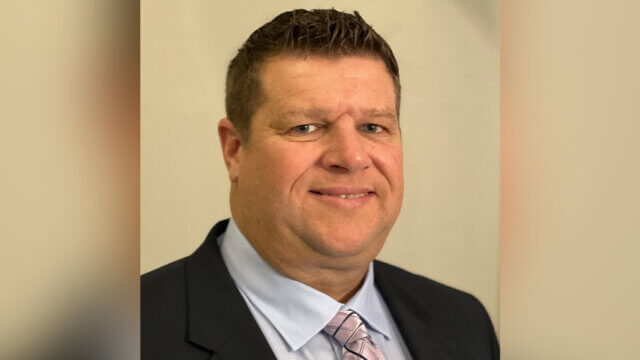By Joel Montaniel
As operators look ahead to 2021, they must adjust their operations to meet the needs of a hotel guest impacted and influenced by the COVID-19 pandemic. From the moment guests arrive to the moment they check out, every aspect of their journey should exceed their new expectations around health, safety and experiences.
For operators to succeed in 2021, they must align their priorities to address these new expectations, which in turn will foster stronger guest relationships and loyalty that will drive revenue in the future.
A New Type of Guest: The Staycation-er
It’s no surprise that guests’ willingness to plan a trip or book a hotel is lower now than ever before. However, according to data revealed in SevenRooms’ recent Beyond the Booking report, more than a fifth (21%) of Americans say they would book a hotel for a staycation (i.e. planning a trip within their home city) right now.
The data proves that Americans are still looking for an escape, just from a more local perspective. This presents operators with the opportunity to embrace a new guest in 2021—the staycation-er. This guest prioritizes health and safety, so much so that some would end their stay early and never return to that hotel again if the hotel staff and servers looked or sounded ill (67%) or measures like social distancing were not enforced (63%). This being said, the staycation-er still wants the same signature experiences like F&B perks and amenities that were popular pre-pandemic.
Experiences Still Matter
Tried and true experiences will still be essential in 2021. Take breakfast, for example. More than 1 in 3 Americans (34%) say a complimentary hotel breakfast is the top item they look for when thinking about a hotel’s dining amenities. Operators can offer this in a safe way with prepackaged food, enhanced in-room dining or by incorporating contactless ordering technologies.
Amenities like restaurants, pools and casinos are also important, but with the caveat that they can be booked ahead of time and enjoyed without fear of overcrowding. Among those Americans interested in booking amenities in advance, 59% want to make a reservation for hotel restaurants, 42% for the pool and 37% for the spa. Savvy operators should look to incorporate reservation technologies that enable easy execution while providing data to personalize the experience and build a direct relationship with guests.
Operators should also look to offer access to these amenities to locals who would like to take advantage of an escape for the day through “staycation” passes. By opening these up to those not staying on-property, operators have the ability to collect data and leverage it to create personalized marketing efforts that can help create new, as well as repeat, guests.
Personalization Matters Even More
By incorporating technology to create experiences and implementing it thoughtfully throughout the guest journey, operators can use insights and data collected to add personalized touches and build guest loyalty.
Of those Americans who’d be more likely to stay at a specific hotel due to F&B experiences or amenities, one in four (25%) say that receiving a personalized offer to book again would encourage them to choose one hotel over another. For example, if a guest visited one of the hotel’s bars on their previous visit, the hotel could send an email for a complimentary cocktail on their next visit.
Looking to 2021, it’s important that operators focus on the new technology and health and safety features that guests are demanding when booking a stay. However, it’s also important that they pay close attention to the experiential aspects of hospitality, because these personalized perks are what drive loyalty and, ultimately, revenue.
Joel Montaniel is cofounder/CEO of SevenRooms, where he leads business strategy. Prior to founding SevenRooms in 2011, he served as the chief of staff at LivePerson, where he led strategic, operational and cultural initiatives.
This is a contributed piece to Hotel Business, authored by an industry professional. The thoughts expressed are the perspective of the bylined individual.



